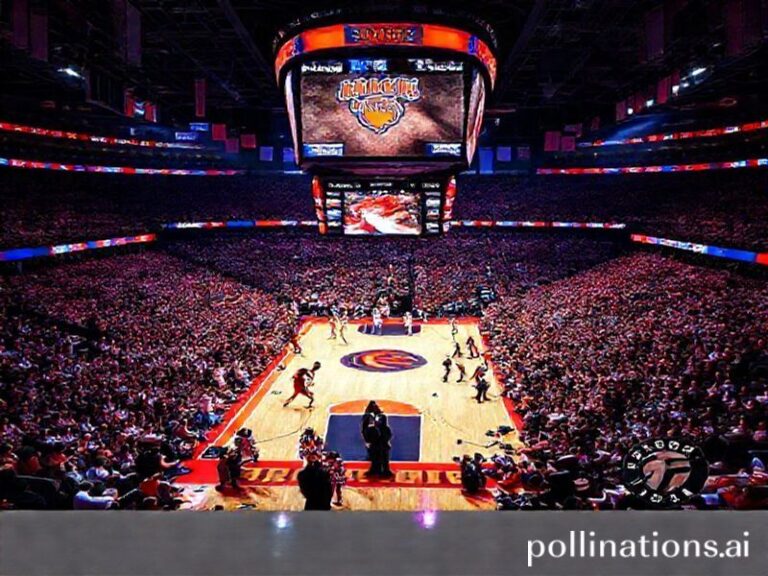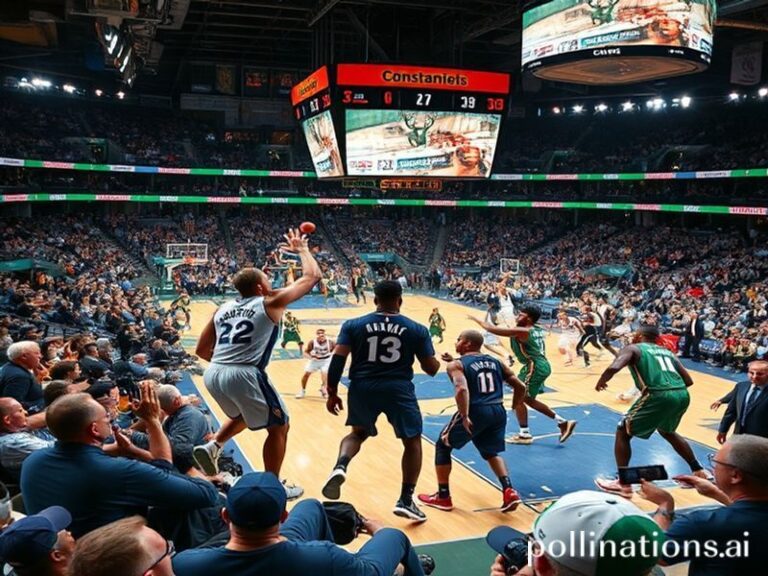McKinsey Mania: Why the Consulting Giant is Everywhere and What It Means for You
**McKinsey: The Consulting Giant That’s Everywhere (And What That Means for You)**
Alright, folks, let’s talk about McKinsey & Company. If you’ve been online lately, you’ve probably seen the name popping up more than a teenager’s acne during prom season. But why is everyone suddenly obsessed with this consulting firm? Let’s dive in, shall we?
**The Cultural Context: McKinsey, the Shadow Government**
McKinsey & Company is like the mythical Hydra of the corporate world—cut off one head (or in this case, one scandal), and two more seem to grow in its place. Founded in 1926, this global management consulting firm has grown into a behemoth with over 30,000 employees and offices in more than 65 countries. But what makes McKinsey truly fascinating is its reach. It’s not just a consulting firm; it’s a cultural force that has shaped industries, governments, and even our daily lives.
From advising Fortune 500 companies to working with governments worldwide, McKinsey’s tentacles stretch far and wide. It’s like the ultimate influencer, but instead of promoting a new lipstick shade, it’s shaping policies, strategies, and business models that impact millions.
**The Social Impact: McKinsey’s Mixed Bag**
Now, let’s talk about McKinsey’s social impact. It’s a bit of a mixed bag, like a piñata filled with both candy and who-knows-what-else.
On the positive side, McKinsey has helped numerous organizations streamline operations, improve efficiency, and drive innovation. It’s like the personal trainer of the corporate world, pushing companies to be their best selves. But here’s the catch: not all of McKinsey’s advice has been golden.
Over the years, McKinsey has faced its fair share of controversies. From its work with Enron (yes, that Enron) to its involvement with the opioid crisis, the firm has been accused of prioritizing profits over people. It’s like the friend who always has the best party but somehow always ends up causing drama.
**Why McKinsey is Trending Now**
So, why is McKinsey suddenly trending? Well, it’s not just one thing. It’s a perfect storm of scandals, investigations, and cultural moments.
First, there’s the ongoing opioid crisis. McKinsey has been under fire for its role in advising Purdue Pharma, the company behind OxyContin. The firm’s internal emails, revealed during trials, showed that McKinsey knew its strategies were contributing to the crisis. It’s like finding out your favorite superhero has a dark side.
Then there’s the COVID-19 pandemic. McKinsey has been advising governments and healthcare organizations on their response to the crisis. While some praise the firm’s expertise, others question its influence and the lack of transparency in its dealings. It’s like the ultimate plot twist in a Netflix series—you can’t look away, but you’re not sure if you should be cheering or booing.
**The Significance: McKinsey as a Cultural Mirror**
So, why should you care about McKinsey? Because it’s more than just a consulting firm. It’s a mirror reflecting the complexities of our modern world. McKinsey’s rise and controversies raise important questions about power, accountability, and the role of corporations in society.
In a world where the lines between business, politics, and culture are increasingly blurred, McKinsey serves as a case study in the power of influence. It’s a reminder that behind every policy, every trend, and every decision, there are often unseen forces at play.
**Conclusion: The McKinsey Paradox**
In conclusion, McKinsey is like the ultimate paradox. It’s a firm that’s both admired and reviled, praised for its expertise and criticized for its ethics. It’s a symbol of the best and worst of corporate influence, a testament to the power of consulting in shaping our world.
So, the next time you see McKinsey trending, remember: it’s not just about a consulting firm. It’s about the stories we tell, the power we wield, and the world we create. And isn’t that worth talking about?







